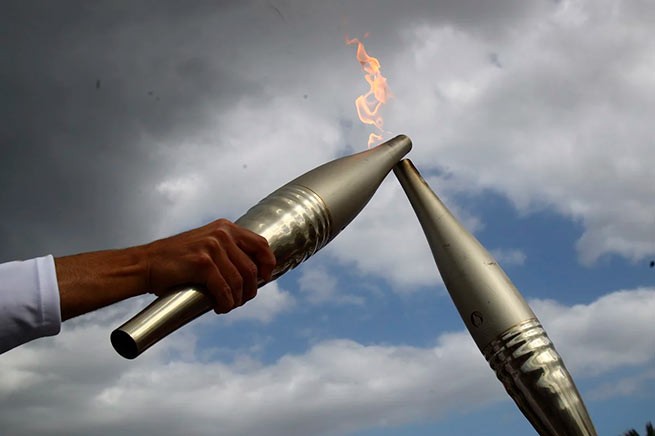Vaccines offer a natural way to protect against possible contamination by pathogens using acquired immunity mechanisms.
To be precise, vaccines train the immune system to fight the virus in a timely manner before it causes a serious problem. However, no vaccine can provide 100% protection for all people, as the professors of the Medical School of the National Kapodistrian University of Athens, Gikas Mallorkinis and Thanos Dimopoulos (Rector of EKPA), said.
What experts say about vaccines
Why is this happening? Experts note that, on the one hand, not all people can develop an immune response with the same effectiveness. On the other hand, any immune response is limited. Just as an army can fight a limited number of invaders at once, the immune system can fight a limited number of viruses at the same time. In any case, the chance of success for the virus may not be zero, but vaccination dramatically reduces it.
How much are these chances diminishing with current vaccines?
The chance of someone getting infected after exposure to the virus 14 days after receiving both doses of vaccines available in Greece is almost three times lower than if they had not been vaccinated.
In addition, if a vaccinated person becomes infected, the likelihood of serious illness is eight times lower than if he or she were not vaccinated.
In practice, this means that a vaccinated person is less likely to end up in a hospital, intensive care unit, or die due to infection with the virus.
Recently, there have been cases when people were vaccinated, but they nevertheless became infected later. Does this mean that vaccines have lost their effect on new strains, or that vaccines do not provide adequate protection?
The professors reiterate that vaccines reduce the likelihood of infection, but do not eliminate it.
So what was the contribution of vaccination in this case?
First, in this example, if the vaccine had not been given, the number of cases would have been at least three times higher (not taking into account that vaccinated people are much less likely to transmit the virus when they are infected, so the number of cases would be much more if vaccinations were not done). Consequently, this is primarily a sharp reduction in the number of cases. In addition, 40% of those infected (who were vaccinated and still fell ill) are significantly less likely to suffer the disease in its severe form. Very few of them will be admitted to hospitals, intensive care units, or die.
In any case, it should be understood that the immune response from even the most potent vaccine is finite. Consequently, constant exposure to high viral loads (that is, very high risk contacts) can lead to infection even in those who are fully vaccinated and have a strong immune response.
For this reason, the two professors conclude that those who have been vaccinated should still observe personal protection and personal hygiene measures, especially when it comes to vulnerable groups.






More Stories
Shocking report from Japanese scientists: “Cancer deaths increase sharply after mass Covid vaccination”
Study: Scientists have discovered why children are more susceptible to coronavirus
22 arrests and confiscations took place in Italy and other EU countries in the case of "covid" EU funds (video)